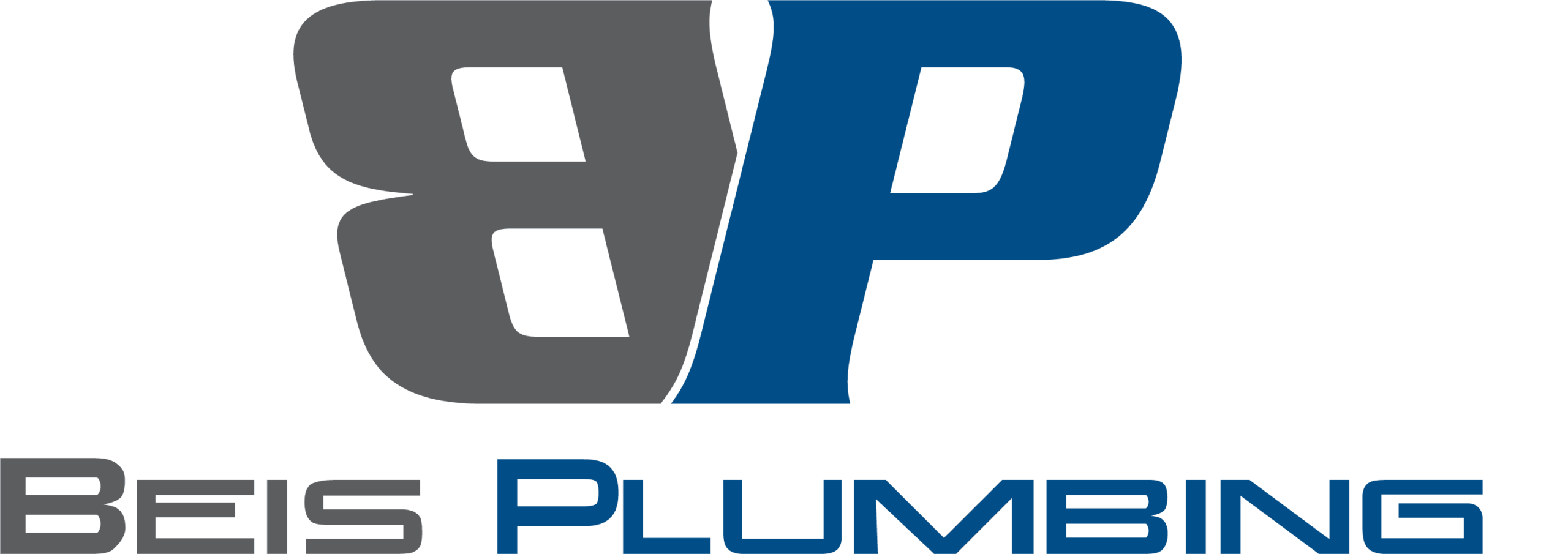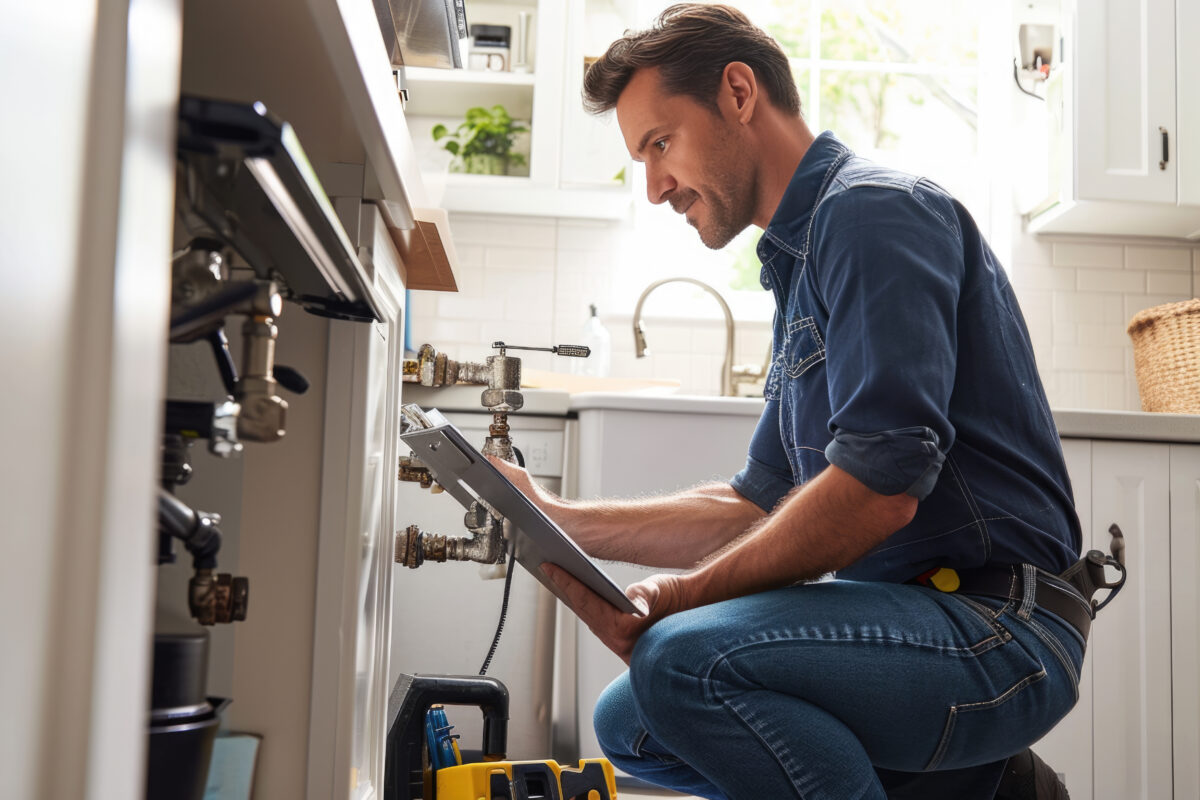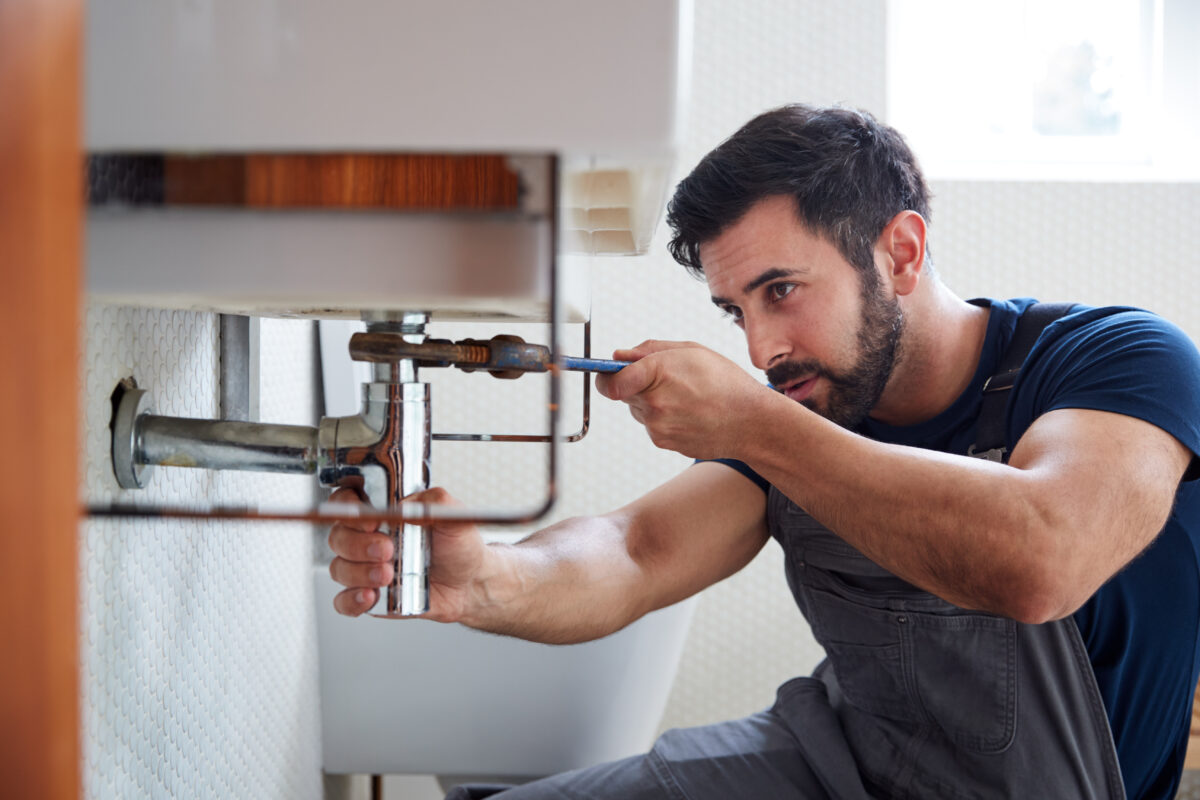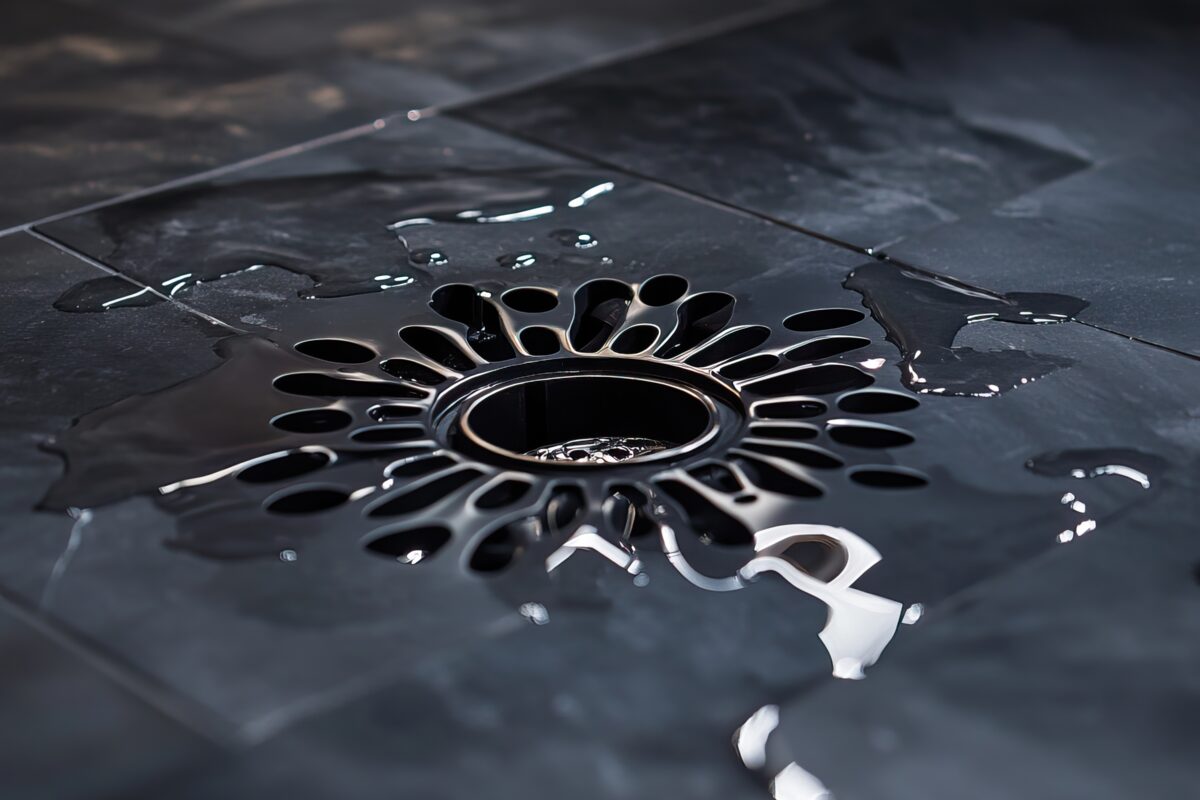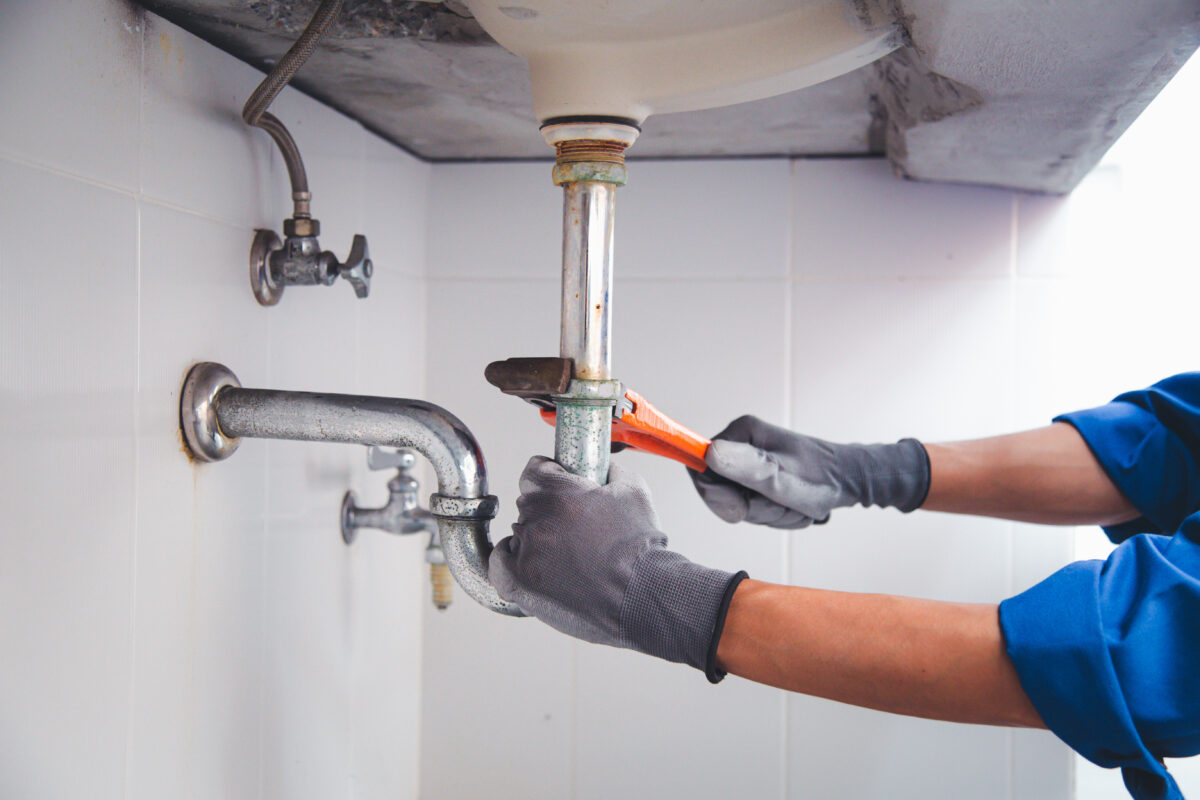Your home’s residential plumbing system is essential for everyday tasks like cooking, cleaning, and bathing. However, plumbing problems can develop gradually, often going unnoticed until they become major issues. Recognizing the early warning signs of plumbing trouble can help you address problems before they turn into costly repairs.
Common Signs of Residential Plumbing Issues
Plumbing problems can range from minor annoyances to serious damage. Here are the most common signals that something might be wrong with your residential plumbing system.
1. Low Water Pressure
If your sinks and showers have weak water flow, it could be due to:
- Mineral Buildup – Hard water deposits can clog pipes, restricting water flow.
- Hidden Leaks – A leak in your plumbing system can lower water pressure.
- Failing Pressure Regulator – If multiple fixtures are affected, the pressure regulator may need adjustment or replacement.
2. Slow Drains or Frequent Clogs
Occasional clogs are normal, but frequent blockages could signal a deeper issue. If plunging doesn’t solve the problem, your pipes may be affected by:
- Grease and Soap Scum Buildup – Over time, these materials coat the inside of pipes.
- Tree Root Infiltration – Roots can grow into underground pipes, causing serious blockages.
- Collapsed or Damaged Pipes – Older pipes can break down, restricting drainage.
3. Unusual Noises in Pipes
If you hear banging, gurgling, or whistling sounds from your pipes, your residential plumbing system may be experiencing:
- Water Hammer – A sudden stop in water flow can cause loud banging noises.
- Blocked Vents – Plumbing vents release air, and if they’re blocked, drains can gurgle.
- High Water Pressure – Excess pressure can cause pipes to vibrate or whistle.
4. Discolored or Bad-Smelling Water
Your water should be clear and odor-free. If you notice rust-colored, cloudy, or foul-smelling water, it may indicate:
- Corroded Pipes – Rusty water often comes from aging galvanized steel pipes.
- Bacterial Growth – A rotten egg smell may signal sulfur bacteria in your water heater.
- Sewage Backup – A musty or sewage-like odor can indicate a serious drainage issue.
- High Water Bills
A sudden spike in your water bill without increased usage is a strong sign of a leak. Even a small drip can waste up to 3,000 gallons of water per year, according to the Environmental Protection Agency (EPA). (Source)
When to Call a Professional Plumber
While some minor plumbing issues can be fixed with DIY solutions, many require expert attention. Call a professional plumber if you experience:
- Persistent leaks or water damage
- Multiple slow or clogged drains
- Sewage backups or foul odors
- Unexplained increases in your water bill
Trust Beis Plumbing for Your Residential Plumbing Needs
If you’re noticing signs of trouble in your residential plumbing, don’t wait for a small issue to become a big problem. At Beis Plumbing, we provide expert plumbing repairs, leak detection, and drain cleaning services to keep your home running smoothly.
Schedule an inspection with Beis Plumbing today and keep your home’s plumbing in top condition!
